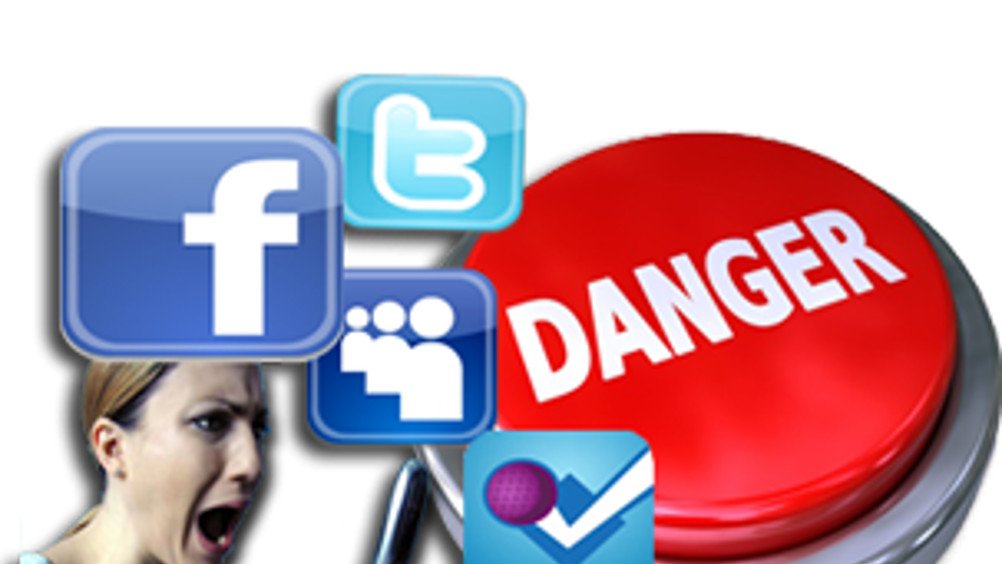Social media has become an integral part of modern life, transforming how we connect, share, and consume information. While it offers numerous advantages, it also comes with its fair share of risks. Whether you’re using it for personal interactions, business growth, or entertainment, understanding the benefits and drawbacks can help you make informed choices.
The Benefits of Social Media
1. Enhanced Connectivity and Communication
Social media bridges gaps between people across the world. It allows individuals to stay connected with family, friends, and colleagues regardless of geographical barriers. Platforms like Facebook, Instagram, and Twitter make it easy to share life updates, celebrate milestones, and engage in meaningful conversations.
Moreover, social media facilitates instant communication, making it easier to collaborate professionally. Businesses can engage with customers in real time, answer queries, and provide support efficiently. This level of accessibility strengthens relationships and fosters a sense of community.
2. A Powerful Tool for Businesses and Marketing
For businesses, social media is a game-changer. Companies leverage platforms like LinkedIn, TikTok, and YouTube to build brand awareness, drive traffic, and generate leads. Digital marketing strategies, including influencer collaborations, paid ads, and organic content, enable brands to reach targeted audiences with precision.
Small businesses benefit significantly as well, as social media provides an affordable way to promote products and services. Engaging content, such as videos, infographics, and blogs, helps brands attract and retain customers, ultimately boosting sales and profitability.
3. A Hub for Learning and Information Sharing
Social media is an excellent source of knowledge. Users can follow educational pages, join professional networks, and participate in discussions that enhance learning. Platforms like Reddit and Quora allow users to ask and answer questions, broadening their understanding of various topics.
Additionally, social media keeps people informed about current events. News spreads rapidly through trending hashtags and viral posts, ensuring users stay updated on global affairs, social movements, and technological advancements.
The Risks of Social Media

1. Privacy and Security Concerns
One of the major risks of social media is privacy invasion. Many users share personal information without realizing how it can be exploited. Cybercriminals use social media to gather data for identity theft, scams, and phishing attacks. Even seemingly harmless posts, such as location updates, can put individuals at risk.
Furthermore, companies track user activities to tailor advertisements, raising concerns about data privacy. While platforms offer privacy settings, not all users take advantage of them, leaving their information exposed to potential misuse.
2. Mental Health Implications
Excessive social media use has been linked to mental health issues like anxiety, depression, and low self-esteem. Comparing oneself to the curated, often unrealistic portrayals of others can lead to feelings of inadequacy and dissatisfaction. Constant exposure to negative news and cyberbullying also contributes to emotional distress.
Studies suggest that social media can be addictive, leading to reduced productivity and disrupted sleep patterns. The urge to check notifications frequently interferes with daily activities, making it important to set limits on usage to maintain a healthy balance.
3. Spread of Misinformation
Misinformation is a growing problem on social media. False news, conspiracy theories, and misleading content can spread rapidly, influencing public perception and decision-making. Without proper fact-checking, users may fall victim to deception, leading to widespread misunderstandings.
This is particularly concerning in areas like health, politics, and finance, where misinformation can have serious consequences. Social media platforms are making efforts to curb fake news, but users must remain vigilant and verify sources before believing or sharing information.
How to Use Social Media Responsibly
To maximize the benefits of social media while minimizing its risks, users should adopt responsible practices. Setting time limits, verifying information sources, and adjusting privacy settings can help create a safer online experience.
Additionally, maintaining a positive online presence and engaging in meaningful interactions can enhance the overall impact of social media. By staying aware of its potential risks and making conscious choices, individuals and businesses can use social media to their advantage without falling into its pitfalls.
Final Thoughts
Social media is a powerful tool that offers both opportunities and challenges. When used wisely, it fosters connections, promotes learning, and supports business growth. However, users must remain mindful of the risks and take proactive measures to protect their privacy and well-being.
By striking a balance between engagement and moderation, social media can remain a valuable asset in today’s digital age.
